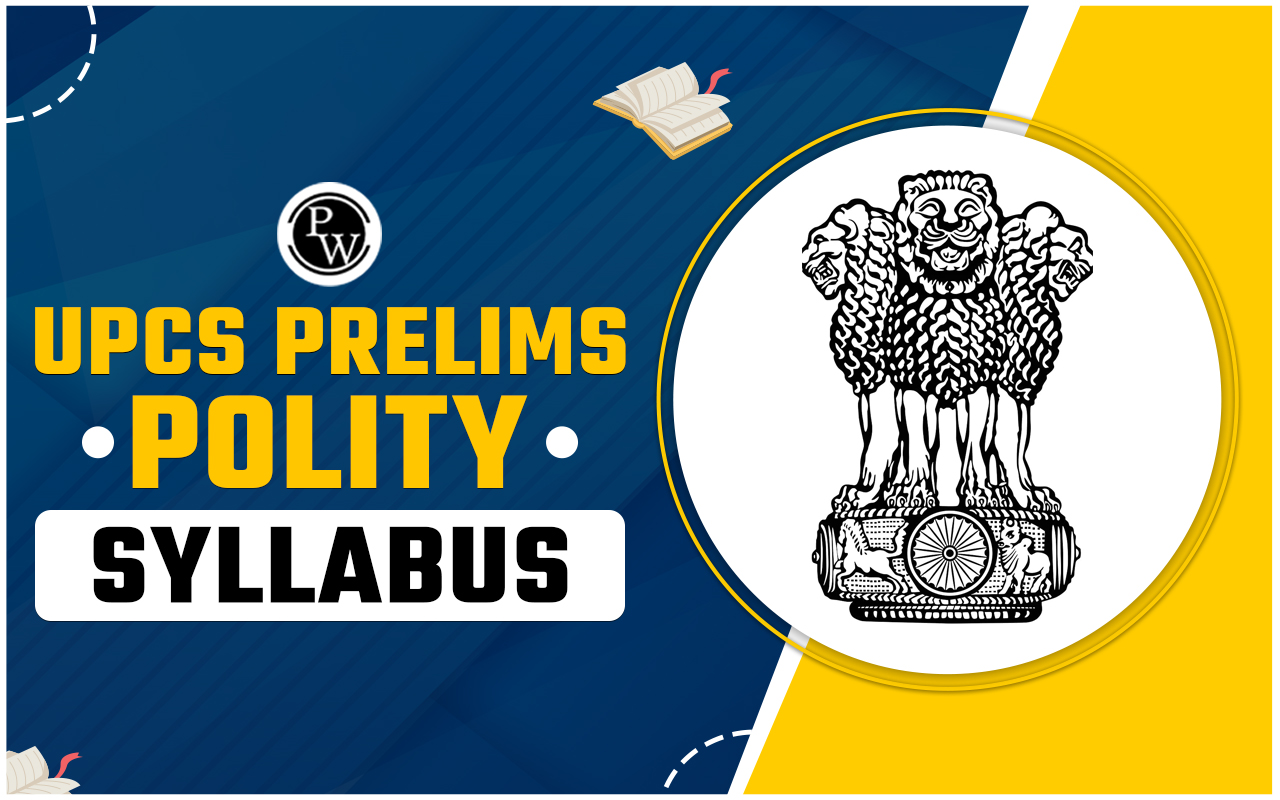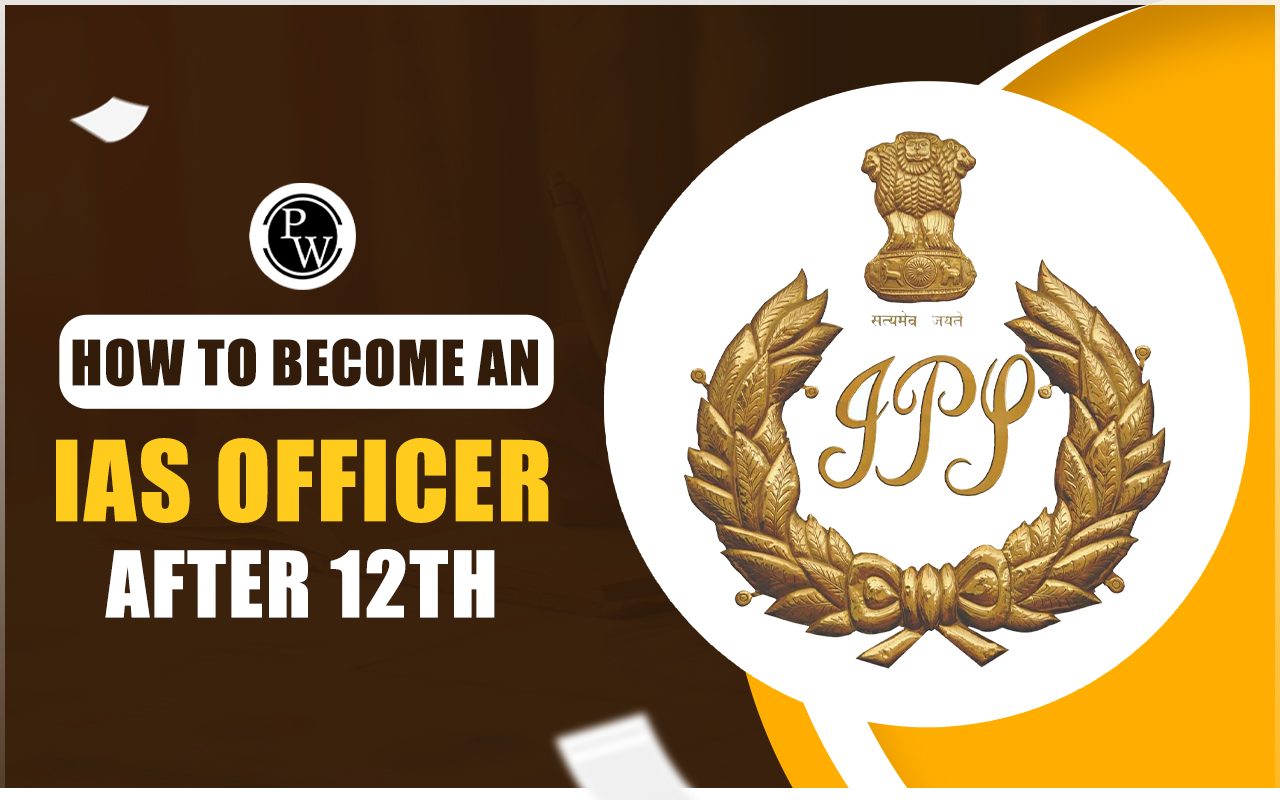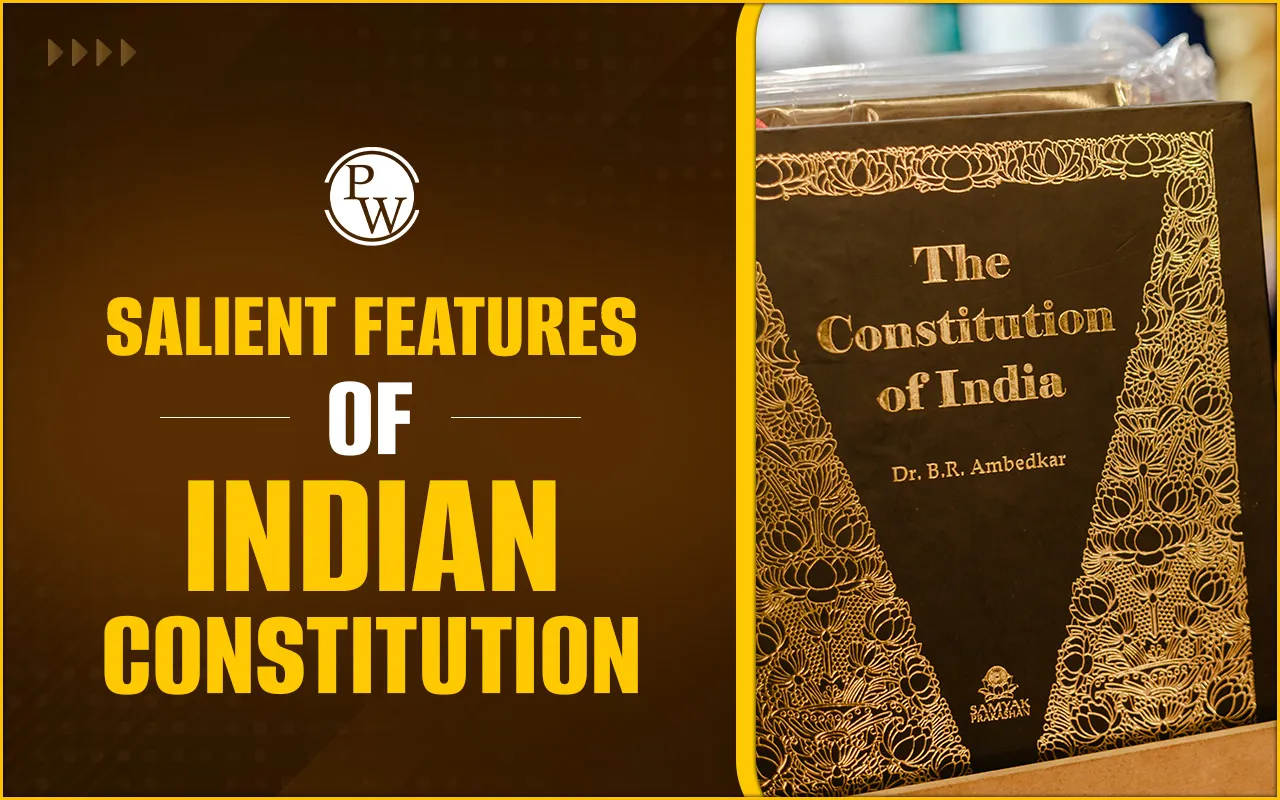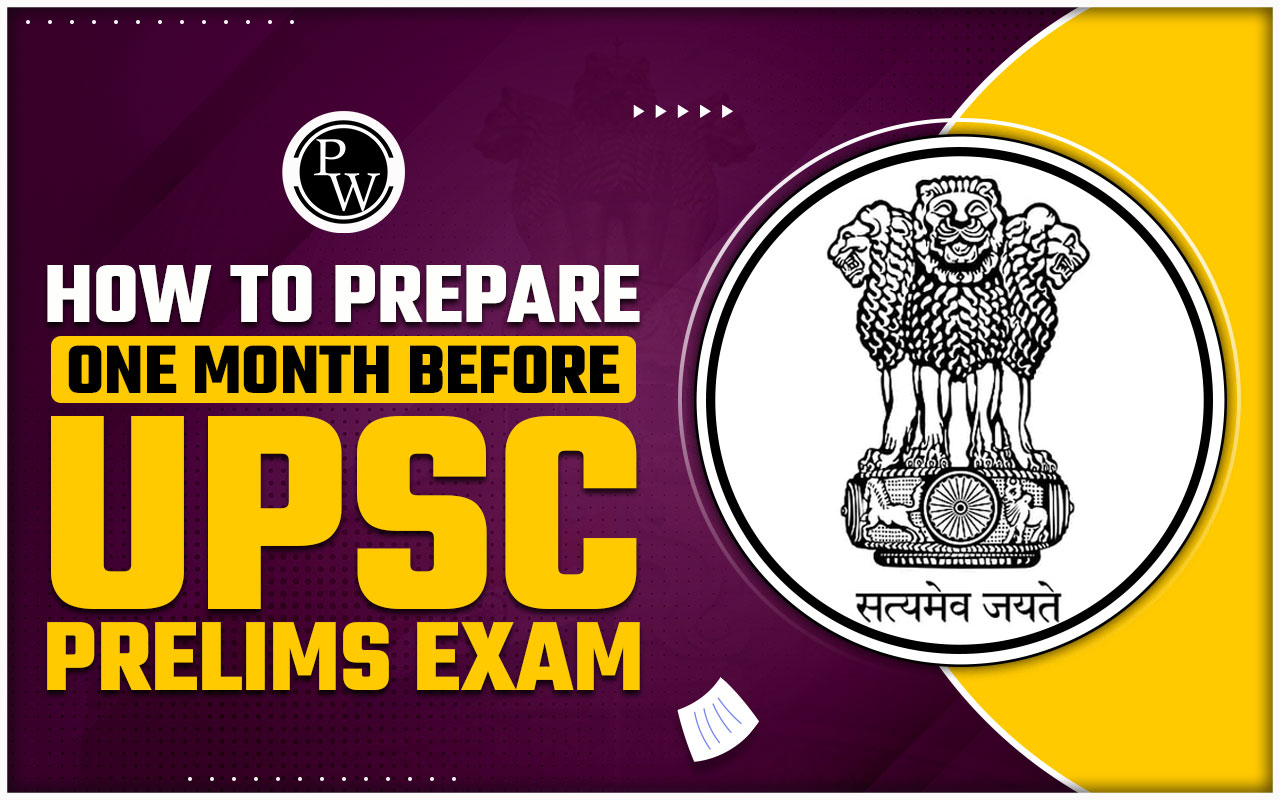
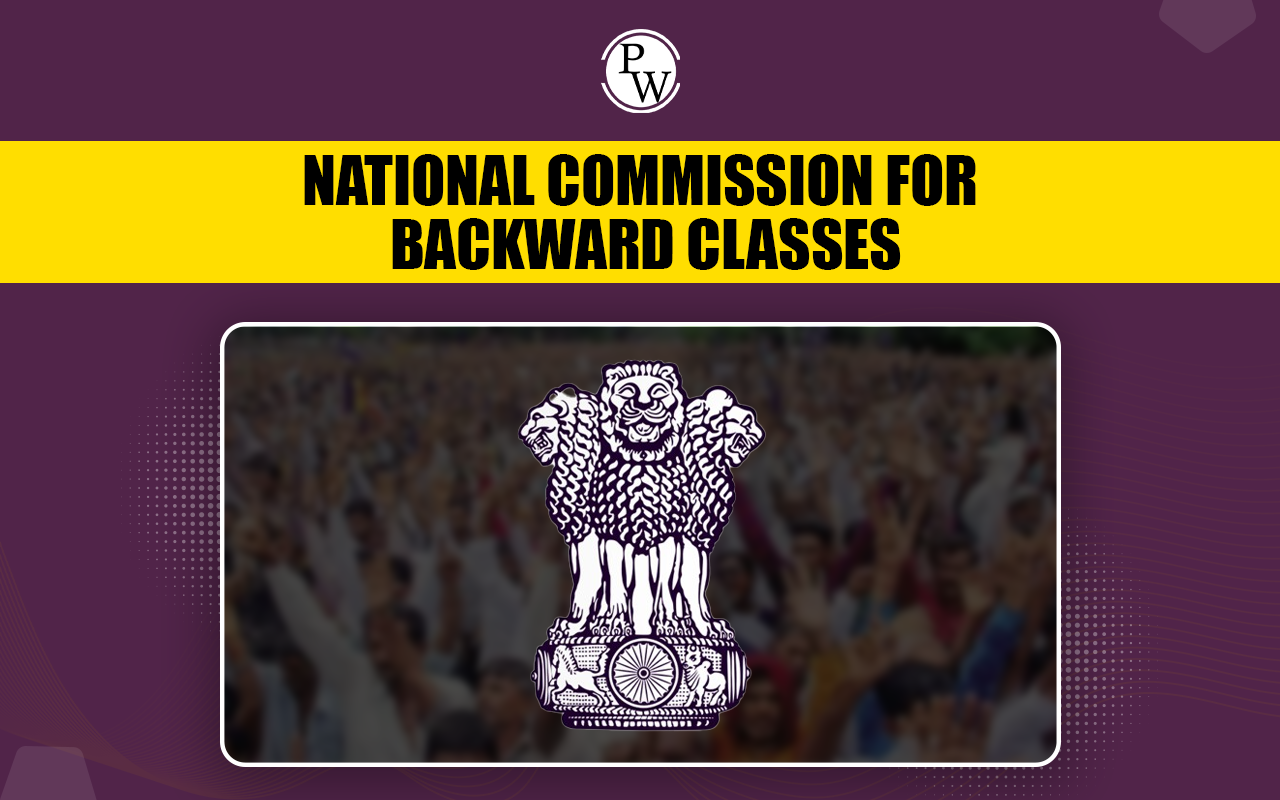
The National Commission for Backward Classes (NCBC) is a constitutional body that plays a crucial role in ensuring the social, educational, and economic welfare of backward classes in India. It was established in 1993 and was elevated to constitutional status in 2018 through the 102nd Amendment .
National Commission for Backward Classes works to protect the rights of OBC s by recommending welfare measures, overseeing policy implementation, and addressing grievances. For UPSC aspirants, understanding its structure, history, and functions is essential as it can feature in Polity and Social Justice segments of the exam.Full Form of NCBC
The full form of NCBC is the National Commission for Backward Classes. This body was established to protect and promote the welfare of the socially and educationally backward classes (SEBC) in India. Now, recognized as a constitutional body, NCBC works to address the issues and grievances of India’s backward classes.| National Commission for Backward Classes | |
| Constitutional Provision | Article 338-B |
| Establishment | Statutory body in 1993 and later granted constitutional status by the 102nd Constitutional Amendment Act in 2018. |
| Composition | Chairperson, Vice-Chairperson, and three other members. |
| Chairperson | Shri Hansraj Gangaram Ahir (from 2022) |
| Appointment | Appointed by the President |
| Tenure | 3 years |
| Post-Tenure Appointment | Not eligible for more than two terms. |
| Reporting | Annual reports to the President |
| Ministry | Ministry of Social Justice and Empowerment |
About National Commission for Backward Classes (NCBC)
The National Commission for Backward Classes (NCBC) is a constitutional body responsible for safeguarding the rights and welfare of socially and educationally backward classes (OBCs) in India. It investigates and monitors the implementation of protective measures, addresses grievances, and advises the government on policies to promote the socio-economic development of these communities. The NCBC also identifies and recommends which communities should be included in or excluded from the Central List of OBCs , ensuring they have access to educational and employment opportunities. Through its work, the NCBC upholds social justice and equality for backward classes across the country.| Who Are OBCs? Other Backward Classes (OBCs) refer to a group of socially and educationally disadvantaged communities in India that fall under a list prepared by the government. These communities are considered to be backward in terms of socio-economic status and receive affirmative action benefits. OBCs are classified into creamy layer and non-creamy layer. |
Constitutional Provisions for NCBC
The National Commission for Backward Classes is a constitutional body under Article 338 B of the Indian Constitution. This article grants NCBC the status of a constitutional authority, similar to the National Commissions for Scheduled Castes and Scheduled Tribes. Key constitutional provisions for NCBC include:- Article 338-B: Establishes NCBC as a constitutional body.
- Article 342-A: Gives the President the power to specify the socially and educationally backward classes for a state or union territory.
History of NCBC
The history of the National Commission for Backward Classes (NCBC) dates back to the Mandal Commission Report of 1980, which advocated for reservations to uplift socially and educationally backward classes in India. To implement these recommendations, the NCBC was initially established as a statutory body in 1993 under the National Commission for Backward Classes Act. However, with the passage of the 102nd Constitutional Amendment Act, 2018, the NCBC was granted constitutional status, making it a more authoritative body with the power to recommend the inclusion or exclusion of communities in the Central List of OBCs, as well as to monitor the welfare and socio-economic development of backward classes across the country.NCBC ACT
The NCBC Act was enacted in 1993 to create a commission responsible for backward classes. The National Commission for Backward Classes Act, 1993, outlined NCBC’s powers and responsibilities but limited its advisory role. However, the 102nd Amendment Act transformed NCBC into a constitutional authority. This transition enhanced NCBC’s powers and allowed it to actively participate in policies for the backward classes.NCBC and the Central List of OBCs
The Central List of OBCs is a compilation of socially and educationally backward classes eligible for reservation . NCBC is responsible for managing and updating this list, which forms the basis for determining the eligibility for reservation benefits in government jobs and educational institutions.National Commission for Backward Classes Composition
The National Commission for Backward Classes composition includes:- Chairperson: The head of NCBC, who has extensive experience in matters of backward classes.
- Vice-Chairperson: The Vice-Chairperson assists the Chairperson and may take on responsibilities as delegated.
- Three Members: Represent various fields of expertise related to backward classes and include at least one woman.
Tenure of NCBC Members
The tenure of members of the National Commission for Backward Classes (NCBC) is typically 3 years from the date of their appointment. The tenure of the NCBC members is governed by the National Commission for Backward Classes Act, 1993 (as amended by the 102nd Constitutional Amendment Act, 2018) and cannot be extended by more than two terms.Functions of NCBC
The functions of NCBC cover a wide range of responsibilities aimed at improving the status of backward classes in India. Some key functions include:- Identifying and Classifying OBCs: NCBC reviews the central list of OBCs and makes recommendations for inclusion or exclusion, ensuring that only deserving groups receive benefits.
- Evaluating Backward Class Welfare Programs: Reviewing and monitoring the effectiveness of schemes designed for backward classes.
- Advising on Policy Formulation: Providing suggestions to the government on policies impacting backward classes.
- Handling Grievances : Receiving and addressing complaints of discrimination or deprivation faced by backward classes.
- Reporting: Submitting annual reports to the President on the implementation of safeguards and recommending improvements.
- Additional Functions: Carrying out other duties assigned by the President for the welfare of OBCs.
Powers of NCBC
Through its authority, NCBC provides a voice to marginalized groups and advocates for improved social, educational, and economic opportunities. Some significant powers include:- Investigative Authority: NCBC has the power to investigate issues affecting the backward classes and can conduct inquiries as needed.
- Advisory Role: The Commission advises both the Central and State governments on matters related to the backward classes.
- Recommendations: It can recommend changes to existing policies, including updates to the central list of OBCs.
- Judicial Powers : NCBC can summon individuals and inspect documents relevant to investigations, providing it with quasi-judicial authority to handle grievances effectively.
National Commission for Backward Classes FAQs
What is the NCBC full form?
The full form of NCBC is the National Commission for Backward Classes, which is a constitutional body for backward class welfare.
Is the National Commission for Backward Classes a constitutional body?
Yes, the National Commission for Backward Classes is a constitutional body established under Article 338B.
What is the creamy layer and non-creamy layer?
The creamy layer refers to more economically advanced OBC members who are not eligible for certain benefits, whereas the non-creamy layer can avail of affirmative action policies.
What are the main functions of NCBC?
The primary functions of NCBC include advising on backward class welfare policies, handling grievances, and monitoring reservation implementation in jobs and education.
Who is the Chairman of National Commission for Backward Classes?
Currently, Shri Hansraj Gangaram Ahir is the Chairman of National Commission for Backward Classes.
Talk to a counsellorHave doubts? Our support team will be happy to assist you!

Check out these Related Articles
Free Learning Resources
PW Books
Notes (Class 10-12)
PW Study Materials
Notes (Class 6-9)
Ncert Solutions
Govt Exams
Class 6th to 12th Online Courses
Govt Job Exams Courses
UPSC Coaching
Defence Exam Coaching
Gate Exam Coaching
Other Exams
Know about Physics Wallah
Physics Wallah is an Indian edtech platform that provides accessible & comprehensive learning experiences to students from Class 6th to postgraduate level. We also provide extensive NCERT solutions, sample paper, NEET, JEE Mains, BITSAT previous year papers & more such resources to students. Physics Wallah also caters to over 3.5 million registered students and over 78 lakh+ Youtube subscribers with 4.8 rating on its app.
We Stand Out because
We provide students with intensive courses with India’s qualified & experienced faculties & mentors. PW strives to make the learning experience comprehensive and accessible for students of all sections of society. We believe in empowering every single student who couldn't dream of a good career in engineering and medical field earlier.
Our Key Focus Areas
Physics Wallah's main focus is to make the learning experience as economical as possible for all students. With our affordable courses like Lakshya, Udaan and Arjuna and many others, we have been able to provide a platform for lakhs of aspirants. From providing Chemistry, Maths, Physics formula to giving e-books of eminent authors like RD Sharma, RS Aggarwal and Lakhmir Singh, PW focuses on every single student's need for preparation.
What Makes Us Different
Physics Wallah strives to develop a comprehensive pedagogical structure for students, where they get a state-of-the-art learning experience with study material and resources. Apart from catering students preparing for JEE Mains and NEET, PW also provides study material for each state board like Uttar Pradesh, Bihar, and others
Copyright © 2025 Physicswallah Limited All rights reserved.
